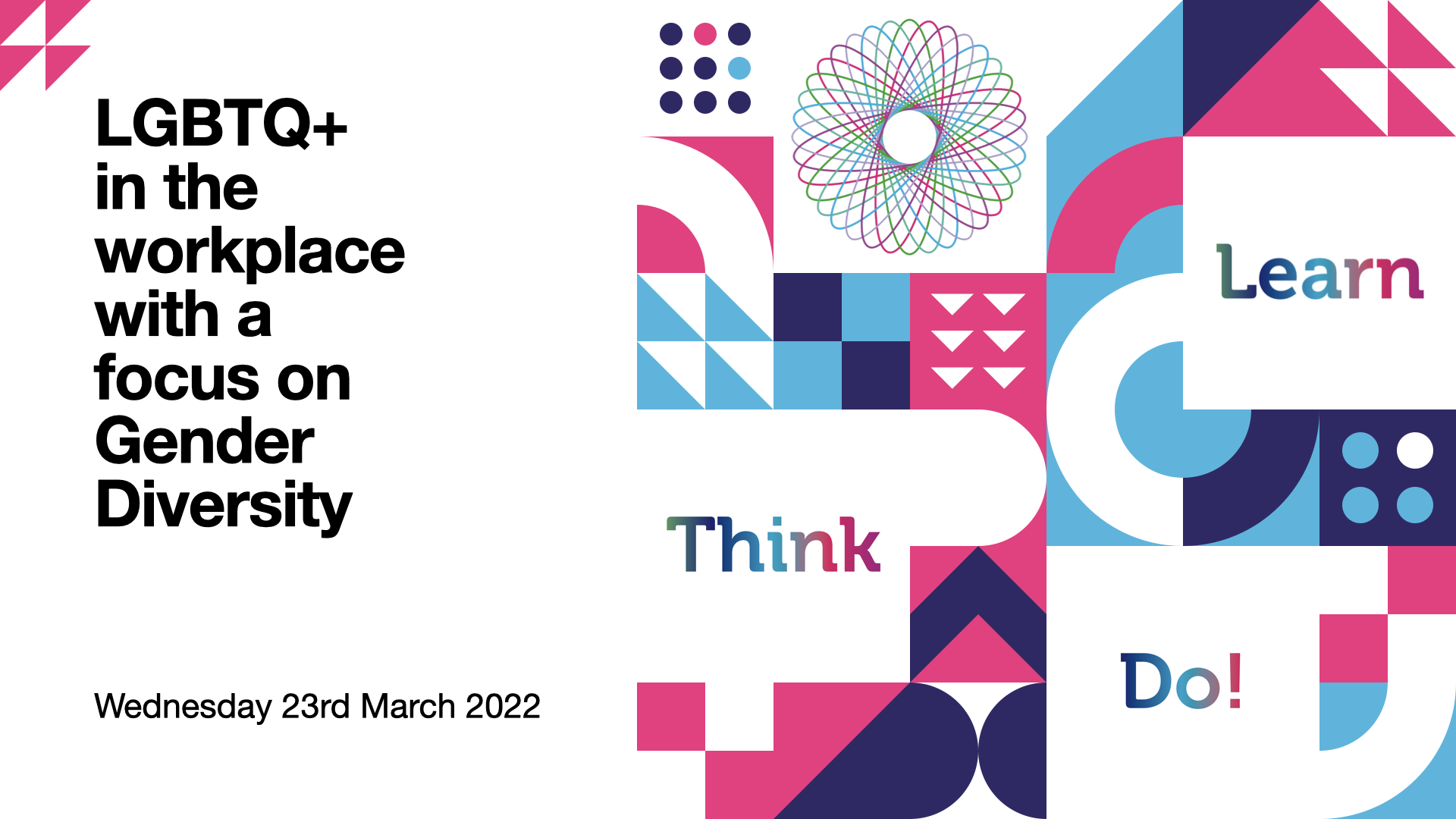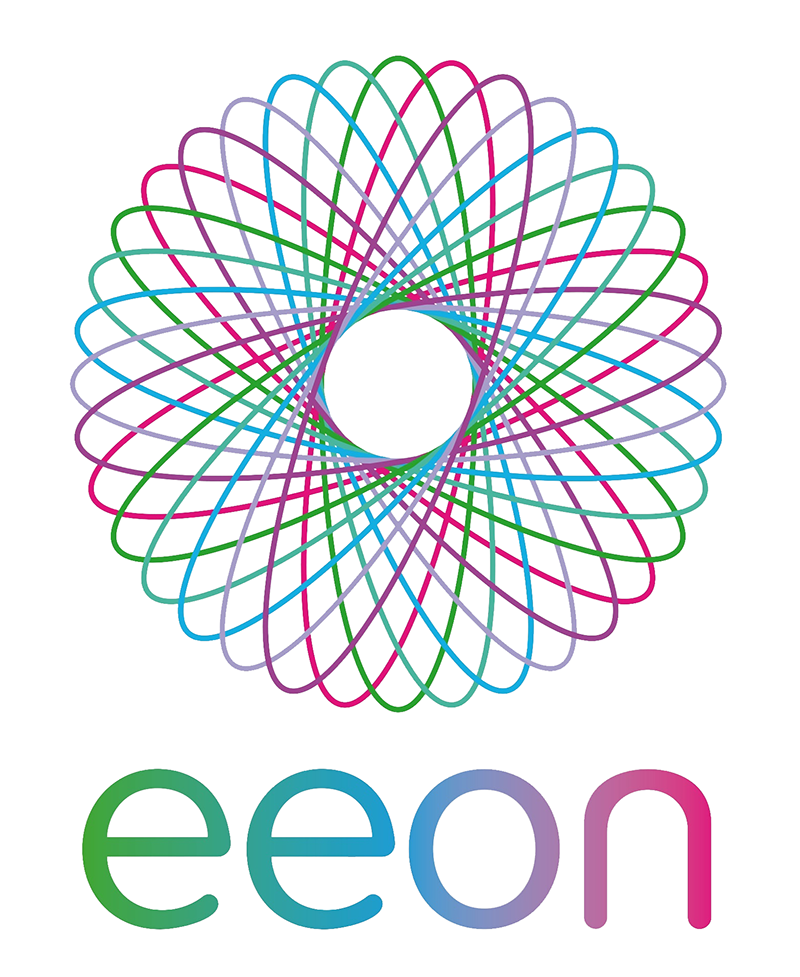
- This event has passed.
LGBTQ+ in the workplace with a focus on Gender Diversity.
23 March 22 @ 12:00 pm - 2:00 pm
$50 – $53.84
EEON invites you to this forum on the issues Transgender, Gender Diverse, Non-binary (TGDNB) people face in the workplace
As with all EEON events this will be an interactive event where we will give you the opportunity to ‘Learn, Think & Do!’
Our speaker for this event will be Michelle Sheppard

Michelle Sheppard “Mama Mish” is a highly respected presenter, advocate, and trainer in the gender equity space.
- As a transgender woman, she appreciates the difficulties within the grey created by the gender divide and not only traverses them herself, she willing takes others on the ride with her.
- Some of her high profile media engagements include JOY 94.9, AFL, ANZ, BMW, and Channel 9.
- She embodies dignity, grace and the change that is needed to make a positive difference in others’ lives, empowers women and challenges barriers to inclusion, discrimination, and harassment.
Transgender people experience significant levels of discrimination, not just in employment but in all areas of life. Despite a growing global awareness of the struggles Transgender, Gender Diverse, Non-binary (TGDNB) people face, many employers remain ill-equipped to create the policies and workplace cultures that would support TGDNB employees.
We as a community follow a variety of well-known corporate sponsors globally as they apply rainbow stripes to their logos, fly flags from their headquarters buildings and add attractive gay and lesbian couples to their ads. A survey by Harris Interactive found “approximately two-thirds of LGBTQ+ adults, or roughly 66%, would be very or somewhat likely to remain loyal to a company or brand they believed to be supportive of the LGBTQ+ community, even when less-supportive competitors offered lower prices or greater convenience.”
BUT nine of the biggest, most LGBTQ-supportive corporations in America, gave about $1 million or more each to anti-gay politicians in the last election cycle. So, there is a lack of trust when it comes to organisations and their brands when it comes to inclusion and trust. The lack of communication publicly to the work you are doing internally as an organisation to “playing it safe” to avoid backlash from opposing voices impacts this.
So, lack of visible minorities of all backgrounds in imagery, lack of transparency in your inclusion work are just two things that contribute to further discrimination and isolation against TGDNB people and feeding ignorance or a lack of understanding and knowledge about these challenges:
- More than one in four TGDNB people have lost a job due to bias,
- More than three-fourths have experienced some form of workplace discrimination or harassment,
- Refusal to hire, privacy violations,
- Physical and sexual violence on the job are common occurrences,
- Many people report changing jobs to avoid discrimination or the risk of discrimination,
- Extreme levels of unemployment and poverty lead one in eight to become involved in underground economies—such as sex and drug work—to survive,
- We need to build a broader understanding among employers about the issues TGDNB face from a lived experience point of view so they can prevent discrimination from occurring and create a safe and supportive work environment for TGDNB employees.A great place to start is just in understanding the difference between sexual diverse minorities and gender diverse minorities. Companies that are LGBTQ+-friendly usually focus more on the “LGB” than on the “TQ+.” Especially the surge of violence against transgender people globally has passed a grim milestone:
- According to HRC, more trans people have been killed so far in 2021 than were killed in 2013, 2014, 2015, 2016, 2018 and 2019.
- 350 transgender people were killed in 2020, risen since 2019’s total of 331.
- 2021 was on pace to be deadliest yet for Transgender, Non-Binary, and gender non-conforming people.We have far bigger priorities than pronouns and bathrooms as we are far too busy surviving by navigating our experiences of stigma and discrimination, the public hostility from society, and pressure to “manage” our identities in social settings meeting the gender stereotypes, including our workplace well-being.
This can include discrimination in: - The provision of goods and services,
- Denial of accommodation,
- Abuse or even physical violence,
- Participation in physical health such as gyms and sport and may include harassment,
- Social isolation,
- Not being recognised as their preferred or recognised gender,
- Being forced to disclose private information and missing out on employment opportunities,
